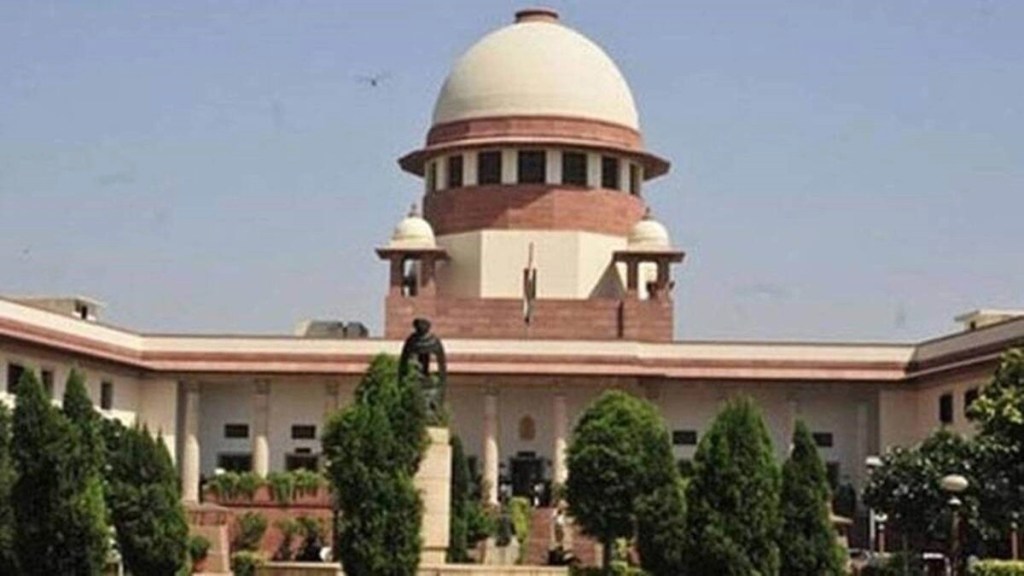The Supreme Court on Wednesday directed the Ministry of Home Affairs (MHA) to prepare a comprehensive manual on media briefings by police personnel within a period of three months and took a strong exception to ‘media trials’.
The bench comprising Chief Justice of India (CJI) DY Chandrachud, Justice PS Narasimha and Justice Manoj Misra also directed Director Generals of Police (DGPs) of all states to submit their suggestions for the manual. Additionally, the court directed that the input of the National Human Rights Commission (NHRC) be also considered in this matter, Live Law reported.
“Administration of justice is affected by ‘media trials’. Need to decide at which stage (of investigation) details should be disclosed. This is a very important issue because it involves interests of victim and accused. It also involves the interest of the public at large… media report on crime-related matters involves many aspects of public interest,” the court said.
Also Read: SC extends Satyendar Jain’s interim bail till September 25 in money laundering case
“At a basic level… fundamental right to speech and expression is directly involved in the context of both the media’s right to portray and broadcast ideas and news… but we should not allow ‘media trial’. People have the right to access information. But, if important evidence, is revealed during the investigation, the investigation can also be affected,” the apex court further argued, NDTV reported.
The matter in question pertained to two critical issues: firstly, the procedures to be followed by the police in the event of encounters, and secondly, the protocols police must adhere to when conducting media briefings during ongoing criminal investigations. While the former issue was addressed in the 2014 judgment of PUCL v. State of Maharashtra, the Court was now focused on the latter.
The Supreme Court was hearing a petition relating to a 2017 instruction on the same subject; the court then had asked the government to frame rules for police briefings keeping in mind the rights of the accused and the victim, and to ensure those of both sides are not prejudiced or violated in any way. The court had then given six weeks to produce a draft report.
Also Read: Bombay HC quashes FIR against steel trader, says ‘there was no intent to cheat initially’
“The accused, whose conduct is under investigation, is entitled to a fair and unbiased investigation…. at every stage, every accused is entitled to a presumption of innocence. Media reportage that implicates an accused is unfair,” the court said today.
In March, the CJI had urged journalists to “maintain standards of accuracy, impartiality and responsibility in reporting” and said, “… selective quoting of speeches and judgments has become a matter of concern. This practice has a tendency to distort the public’s understanding of important legal issues. Judges’ decisions are often complex and nuanced, and selective quoting can give the impression a judgment means something different from what the judge intended.”
On behalf of the government, Additional Solicitor General Aishwarya Bhati today assured the court the government will frame and release guidelines regarding media briefings by the police. “The government will inform the court about it…” she said.
“How should police be trained for media briefings? What steps has the Government of India taken (regarding) our 2014 instruction?” the court asked.
Senior lawyer, Gopal Shankaranarayan, an amicus curiae, referred to salacious media reports surrounding the Aarushi case and agreed, “We cannot stop media from reporting but police need to be sensitive.”
The case is scheduled for the next hearing in the second week of January 2024.


